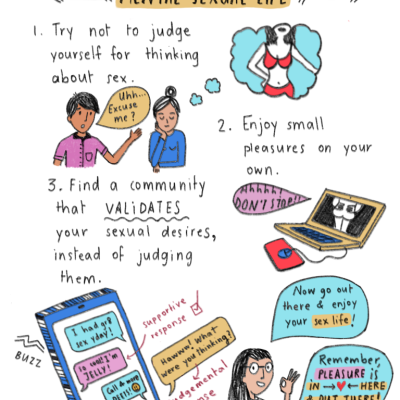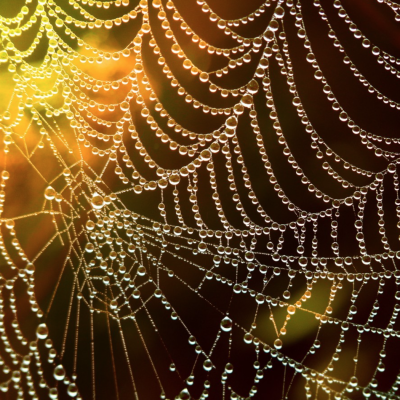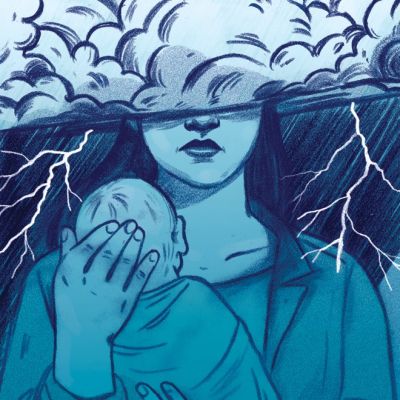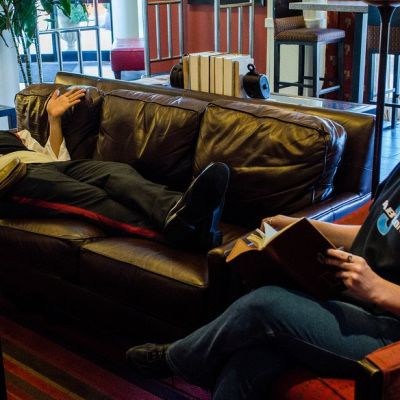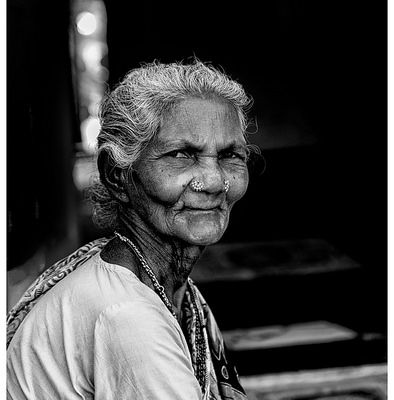Mental Health
How, then, can one shed such harmful modes of thinking around sex, sexuality, and sexual purity, and work towards not only a greater self-awareness, but positive sexual mental health?
In the mid-month issue on Wellbeing and Sexuality, we bring you an article by Jai Ranjan Ram sharing what he learned in his psychiatric practice from a self-identified pansexual homoflexible adolescent.
मेरे यह पूछने पर कि, “जब आप दुखी होते हैं तो किससे बात करते हैं”, जोगप्पा ने ने कहा “देवी…
As depicted in various forms of media, society has unrealistic expectations of how mothers and motherhood should be – enamoured by their babies, to feel only happiness at being a mother, being completely focused on their babies, living in the ‘glow of motherhood’. Being depressed is simply not seen as an acceptable response.
As a queer-feminist mental health practitioner, my way to understand realities is to examine the power relations that exist in our social locations, identities and structures.
India has a severe shortage of mental health professionals and the experiences of counsellors like Kapoor raise the question of whether there is a wave of therapist burnout in the country. Unfortunately, there has been no research to indicate the extent of the problem in India.
It was, however, the community’s consistent refrain of having “no one” to talk to, that made the problem of mental health crises stand out during my conversations.
While we have come a long way from the singular Freudian focus on sexual energies and reducing most mental health disturbances to sexuality, there is no doubting its significance for an individual’s wellbeing.
Sudha ji’s indomitable spirit made me question if I was settling down for too little, if there was more that I should ask for, and if there is more that I deserve.
ऑड्रे लार्ड ने एक बार कहा था, “अपनी देखभाल करने का ये मतलब नहीं कि मैं स्वार्थी हूँ, देखभाल स्वयं…
Audre Lorde once said, “Caring for myself is not self-indulgence, it is self-preservation, and that is an act of political warfare.”
Sex and sexuality are taboo subjects and not openly discussed. Yet, it is only when the sperm and egg fuse…
“Was I ever crazy? Maybe. Or maybe life is… Crazy isn’t being broken or swallowing a dark secret. It’s you…
The following is an excerpt from Fallen, Standing: My Life as a Schizophrenist by Reshma Valliappan. This was first excerpted…
लम्बे समय तक, हमारे समाज के एक बड़े हिस्से द्वारा यौनिक ‘अल्पसंख्यकों’ को मानसिक रोगी माना जाता था। यह माना…

